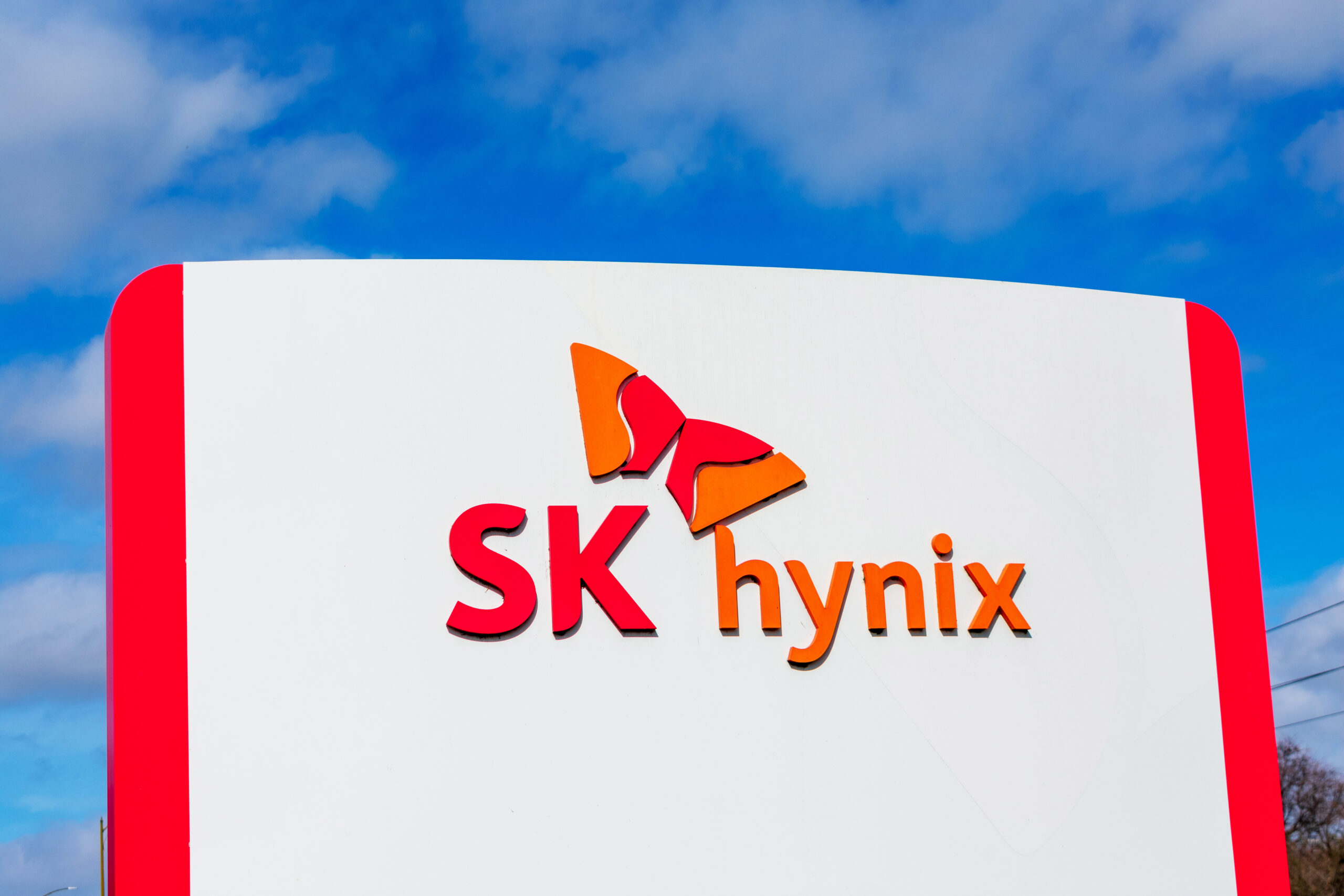The Ultimate Guide To Cryptocurrency Trading Fees

Introduction
Investing is a macro process that is made up of several different types of smaller components. The investors who are only getting started often end up ignoring all these factors that can impact their overall trading profits. Crypto trading fee is such a factor.
Even if an investor has a detailed knowledge of the cryptocurrency markets and they have created the perfect trading strategy, they can end up in a losing position in case they are not prepared for the total cryptocurrency trading fees.
What are Cryptocurrency Trading Fees?
Cryptocurrency trading fees are the charges or expenses that cryptocurrency investors have to spend to purchase, sell, trade, store, or use any other cryptocurrency-related services. Cryptocurrency trading fees are involved in every part of the trading process. There are also many cases where the investors have to account for indirect or hidden charges.
Furthermore, the expenses like capital gains taxes and others can also be seen as an extension of cryptocurrency trading fees because they impact the net profit percentages.
How do Cryptocurrency Trading Fees Work?
The primary issuer of a cryptocurrency is a blockchain. However, after the fashion of the main blockchain Bitcoin, most new blockchains aspire to be open-sourced and permissioned networks. This mechanism is in place to ensure that just about everyone has unobtrusive access to these cryptocurrency assets.
In this manner, blockchains have been adopted and used by investors hailing from all parts of the world.
However, cryptocurrency investors need to depend on several other online services and applications to perform trading. For example, a new investor has to create an account on a cryptocurrency exchange platform to purchase and sell the listed cryptocurrency assets.
On the other hand, investors must also have digital wallets to store their cryptocurrency reserves securely. In the same manner, there are many bridges or chain projects that allow investors to convert one cryptocurrency into another option.
Investors need to consider that every time they wish to acquire, sell, or move their cryptocurrencies, they need to worry about the cost involved. Just like regular banks, cryptocurrency exchanges can also charge custodial fees. Meanwhile, there is also a charge for the upgraded account options.
Meanwhile, cryptocurrency investors also have to account for the mining fees when they are performing the transaction on a blockchain. All the trading fees related to cryptocurrencies are used by the developers who have created a DEX or CEX or performing mining services for them.
Why do Traders Need to Pay Cryptocurrency Trading Fees?
Cryptocurrency investors must wonder why they should pay all these fees every step of the way. For example, some platforms can charge up to 0.05% to 0.25% off on every crypto-related transaction so that every time a cryptocurrency moves, it means that they are going to also cut the fees from their accounts to make this transaction possible.
There are also some blockchain networks where the trading fees can inflate depending on the amount of trading volume on the network. However, many people might question the existence of cryptocurrency fees. If any trader has a question in mind, they are on the right track.
Cryptocurrency and blockchain technologies are mainly evolved as alternative networks for money or value exchange. The first ever crypto, called Bitcoin, was originally intended as an alternative to paper currency. Many online payment services like Western Union and PayPal charge people huge fees for international money wires.
However, all of this changes with the arrival of cryptocurrencies and blockchains. By using cryptocurrencies, investors were able to transfer their payments securely, rapidly, and in a decentralized manner.
When it comes to trading fees, cryptocurrency transfer costs are mostly smaller in comparison to most centralized payment networks.
Retail and VIP Crypto Trading Fees
The most basic use of cryptocurrency trading fee is a retail fee that every crypto exchange account holder has to pay. However, every cryptocurrency trading platform also presents investors with several upgrades from their basic accounts.
These updates offer upgraded services access, such as private trading advisors and advanced technical indicator options, etc. The upgrading fee from the basic to the upgraded or VIP tiers is called the VIP fee.
VIP fees can be viewed as the equivalent of the in-app purchases that allow no-commission platforms like Robinhood to earn money. There are several different types of upgrade options offered depending on different cryptocurrency services providing companies.
However, investors must keep in mind that there are also several other cryptocurrency trading fee options available at every stage of trading, such as closing accounts or selling off their portfolio, etc.
There are some cases where the investors can rise to the VIP trading status depending on their trading margins and their portfolio volumes. For example, some cryptocurrency exchange platforms will upgrade these platforms where the investors are automatically promoted to the VIP account status if their account value is above $50K.
12 Types of Cryptocurrency Trading Fees
When it comes to accounting for all the related cryptocurrency trading fees, investors need to consider several options, such as blockchain, third-party services providers, custodial services, swaps, and regulatory requirements that may cut down a portion of their trading profits. Here are the 12 main types of cryptocurrency trading Fees that every crypto trader should know about:
Funding Fees
Funding Fees are applied on perpetual futures contracts. This fee is either charged or paid to an investor, mostly three times a day or after every 8 hours. The funding fee for Bitcoin is usually around 0.01%, but it can differ for various types of cryptocurrencies.
In case the projected price of futures is lower in comparison to the spot price, the investor with a short position is going to get paid funding fees from the long holders, and the same applies the other way around as well.
There is also the option of regular funding fee payments, whereas some investors can use it for arbitrage purposes. However, funding fees are specific to perpetual contracts.
Maker and Taker Charges
Maker and Taker fee model is a method of crypto trading fees that most exchange platforms use. Rather than going for direct or fixed transaction fees, the investors, in this case, have to make payments when they are opening or closing their trading positions.
Whenever a trader places a limit order, they will be charged a fee in the same manner for the market order.
The ratio of the maker fee is always smaller than the taker fee. It happens because, with limited orders, the investors also become the liquidity provider for the pool automatically.
Depending on the trading platform, investors can be charged from zero percent to 0.10% maker and taker fees. The same fee type can also be different depending on different crypto products, such as perpetual and future fees.
Spread Fees
Another type of trading fee charged by exchanges is the spread fee. This type of fee is dependent on the difference between the opening cost of an investor’s portfolio and the spot price for the underlying asset in question. In most cases, spread fees are inherently higher than the maker-taken fee option.
The average spread fee percentage is estimated at around 0.5% based on the comparative analysis between different trading platforms. On the other hand, this means the percentage is also about five times higher in comparison to the maker-taker fee average.
Transaction Gas
The gas fee is a term that most investors have heard in connection to the Ethereum network. The secondary blockchain to Bitcoin has received criticism from investors about its high gas fee inflations. Investors who have not used Ethereum can know that the blockchain charges a fee for every transaction, which is called a gas fee.
Every time investors send or receive new ETHs on the network, they have to pay the gas fees. Other functions on the Ethereum blockchain, such as creating NFTs, deploying smart contracts, and building Dapps, also require different levels of gas fees. Several other blockchain networks also charge gas fees.
Deposits and Withdrawals
Anyone who has had a bank account must already understand this fee classification. There are some dedicated cryptocurrency custodial services providers where investors can store their crypto reserves.
In the same fashion, the usage of a normal bank where people pay a deposit fee every time they debit their accounts and pay withdrawal fees when it is credited.
The decentralized platforms have adopted the same model. In this manner, every time an investor adds new cryptocurrencies to their accounts, they have to pay the deposit fees, and each turn where they draw from their crypto reserves, they have to pay the withdrawal fees.
Staking Fees
There are many cryptocurrency trading platforms where investors can stake their tokens. To understand staking better, investors can compare it with the standard savings account in a centralized bank.
Savings accounts give people a chance to earn a fixed percentage of interest income when in exchange for depositing money in that particular banking enterprise. The same financial function for cryptocurrency investors is provided by the staking platforms.
Most cryptocurrency staking platforms offer staking income based on the calculations of the APR or APY method. Staking is often touted for its higher percentage returns for cryptocurrency traders.
Sometimes, investors also stake USDT and other variants of stablecoins to secure a passive income stream without increasing their risk percentage. Therefore, the exchanges, blockchains, DEXs, and swaps sometimes charge a negligible percentage of the staking returns from the investors.
Liquidation Fees
Liquidation means the ability of a cryptocurrency to get turned into cash rapidly. The most liquidity a cryptocurrency has, the easier it is for investors to purchase or sell them.
To this end, Liquidation fees apply when the investors are unable to fulfill their margin requirements for a leveraged position. Margin or Leveraged trading stands for a trading type where the investors borrow funds in the hope of making higher profits.
For this leverage, the investors are required to maintain collateral or a specified amount of guarantee funds in their trading accounts. In the case of DeFi, cryptocurrency users are to keep this collateral amount in the form of cryptocurrency reserves.
Therefore, in case the price of the collateralized crypto drops, the value can go below the required minimum limits. Hence, cryptocurrency investors are required to pay the lender Liquidation fee to make up for the lapse value of their leverage accounts.
Based on different types of cryptocurrencies and different lending platforms, the Liquidation fees can vary.
Spot Margin Trading Fees
When traders are thinking about trading with spot prices, it is usually impossible for them to go with short positions. However, there are some cryptocurrency platforms where investors can perform shorting with spot prices by lending from their peers or other users on the network.
When investors are using this option, the cryptocurrency P2P protocol is going to enact lending transactions automatically based on the requirements entered by the borrowing and lending parties. Hereto forth, these platforms will automatically charge the users a fee under the label of Spot Margin Trading.
Leverage Fees
Leveraged tokens are a type of cryptocurrency that is created to support the ecosystem of a lending platform. For example, the lending platform XYZ can issue a native token called XYZ coin, which enables investors to make transactions and get rewards using XYZ coin as a medium.
Furthermore, leveraged tokens also free the investors from the hassle of margin calls and improve the liquidity ratio. Some common types of Leveraged Fees are given as under:
Subscription Fees
When investors wish to purchase leveraged tokens issued by a lending platform, it is called the subscription fee that is added to the cost of per unit coin prices.
Redemption Fees
Leveraged tokens can be redeemed by users in exchange for different services and benefits. When a user wishes to utilize their tokens, they are expected to pay Redemption Fees.
Management Fees
Some cryptocurrency trading platforms also charge a management fee for the leverage tokens issued for users based on their frequency and magnitude.
Copy Trading Fees
Copy Trading, which is often compared with Mirror Trading, is a type of trading method where the investors can link their accounts to a master trader and perform trading operations based on that option. In some cases, there are also data projections and trading directions provided by a trading system that is based on the trading patterns of an established investor.
Using either option, the investors can benefit from the mirror or copy trading, but they have to pay a specified fee to the master account for their consultation. It is better to pick a master account that does not provide free copy trading services because it is less likely to be a scam.
Crypto Loan Fees
Crypto Loan Fees are direct interest payments that the cryptocurrency account holders have to pay to the lenders. The cryptocurrency sector has made it very easy to borrow funds from online protocols and also from other users.
Blockchain has allowed investors to set lending terms on an individual basis, and others who match these terms are automatically matched by smart contracts.
Therefore, each lender can pick the terms of the crypto loan fee that they wish to be paid in what percentage and what type of exchange, such as cryptocurrencies, fiat, stablecoins, etc.
NFT Charges
NFTs are Non-fungible Tokens; these are also a type of cryptocurrency but with a slight difference that means that they are unique and irreplaceable. For example, one Bitcoin can be a placeholder for any other Bitcoin in that all of the Bitcoins are fungible.
However, with NFTs, any other user on the network can never have ownership rights of one NFT or replace it with another NFT. On account of its digital ownership, musicians and artists use this to sell their work in digital forms.
There are dedicated NFT trading platforms such as OpenSea. On the other hand, some blockchains have created dedicated NFT trading protocols.
When a person converts or mints their artwork in an NFT, they have to pay a minting fee. When an investor has to list a minting NFT, they are bound to pay a listing fee so that they can auction their art for the best price.
Conclusion
Cryptocurrency trading fees are not limited to the internal fees that are levied by trading platforms. Investors must always consider the local laws regarding cryptocurrency trading in their country.
For example, the Finance Ministry of India has imposed as high as 30% charges on cryptocurrency investors in lieu of Capital gains. Keeping track of all the major and minor trading fees for cryptocurrencies is going to help investors in improving their trading techniques and increase their profit yields.
Tokenhell produces content exposure for over 5,000 crypto companies and you can be one of them too! Contact at info@tokenhell.com if you have any questions. Cryptocurrencies are highly volatile, conduct your own research before making any investment decisions. Some of the posts on this website are guest posts or paid posts that are not written by Tokenhell authors (namely Crypto Cable , Sponsored Articles and Press Release content) and the views expressed in these types of posts do not reflect the views of this website. Tokenhell is not responsible for the content, accuracy, quality, advertising, products or any other content or banners (ad space) posted on the site. Read full terms and conditions / disclaimer.




